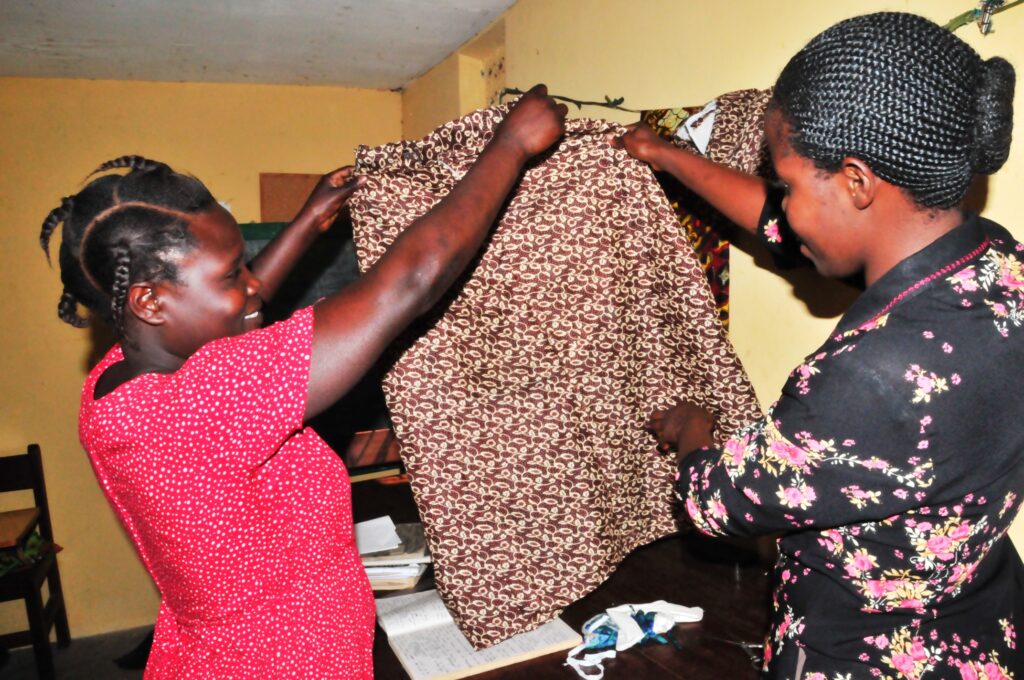
MIFUMI is also working through the schools to include extra-curricular activities that should impart knowledge on components of human rights, healthy relationships so as to grow a generation of young people that can recognise violence and abuse and resist it. To ensure children continue to stay in school, MIFUMI has mobilised a community of agencies and well-wishers who have continued to ensure the following:
The feeding programme; the school meals attracts many children to stay in school as to some this could be the only meal they have in a day. So staying in school ensures they have a meal.
A tracking system for children during the holidays; this enables teachers and the school management committee to know the children’s whereabouts to ensure their protection and safety; and also puts the burden of accountability for the safety and protection of children from instances such as forced or early marriages.
According to Beatrice Atyang, the division’s coordinator, the problem of school dropouts during long school holidays and now the covid-19 pandemic is not only affecting girls after primary seven; boys have been victims to social or cultural pressure
‘…. Parents believe primary seven is enough for the girls because they have acquired enough knowledge in basics to communicate and survive… the boys are forced to get wives because the parents tell them, since you are out of school you have to enjoy the animals your sister brought before they are finished or dead… ‘the education plan for the school and community according to the coordinator is to secure a continuity facility (secondary school), so all children have the opportunity to continue higher education after primary school.
NEWS: Using Drama to change attitudes and practice
SASA stands for; Start Awareness Support Action.
MIFUMI embarked on the SASA! Model to address violence and abuse against women and children through prevention.
MIFUMI’s community groups mobilized themselves into drama groups to create content for public awareness on the problem of violence and Abuse. The drama is then re-enacted both on radio and to community members on scheduled events.
To date the project has registered progressive change in social norms that perpetuate gender-based violence. Feedback from community members also indicated that men are starting to redefine gender roles and include women in decision-making.
Several duty bearers and community leaders have also been trained under this initiative to ensure informed empathy and support for survivors seeking. 3915 community members reached through SASA! Local activism and trainings.
